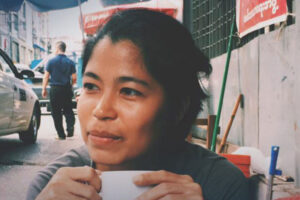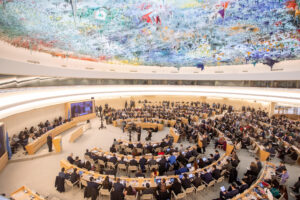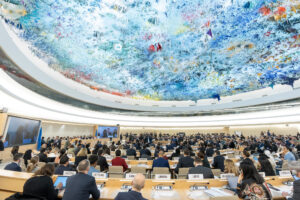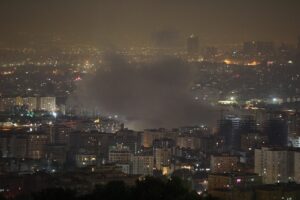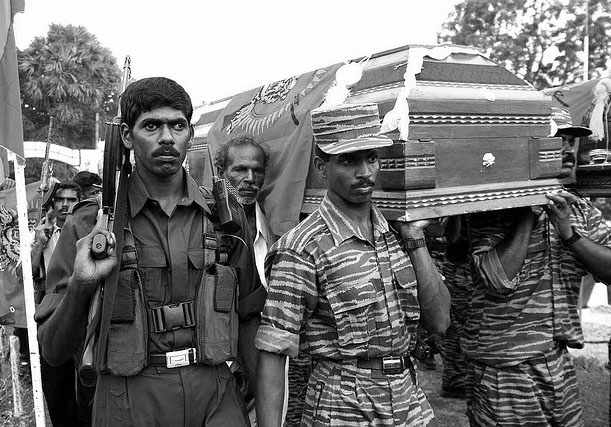
Feb 10, 2005 | News
The ICJ today called on the Government to launch a prompt, impartial and thorough investigation into the killing of Tamil leader E. Kaushalyan and Amparai District parliamentarian Chandranehru Arianayagam.
The two men along with several colleagues were killed on 7 February 2005 in the Welikanda region in Sri Lanka. Persons found responsible for the killings must be brought to justice.
These killings mark a significant setback following a period in which Sri Lanka has seen a decrease in political killings since the tsunami in late December 2004.
In this instance one of those killed was a senior Tamil Tiger leader. However, in a meeting in October 2004 with S.P. Thamilselvan, leader of the LTTE’s political wing, the ICJ has called on the LTTE leadership itself to end political killings. The ICJ reaffirms that both the LTTE and the Sri Lankan Government should take measures to respect international human rights and humanitarian law.
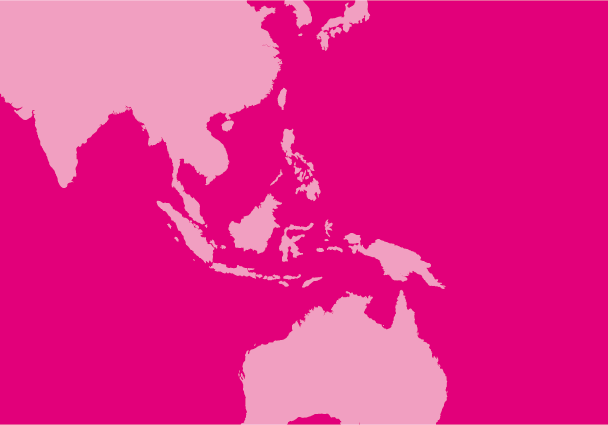
Oct 7, 2004 | News
The ICJ and other human rights groups called on the LTTE to end political killings and the recruitment of child soldiers and demonstrate how they will respect international humanitarian and human rights law in Sri Lanka.
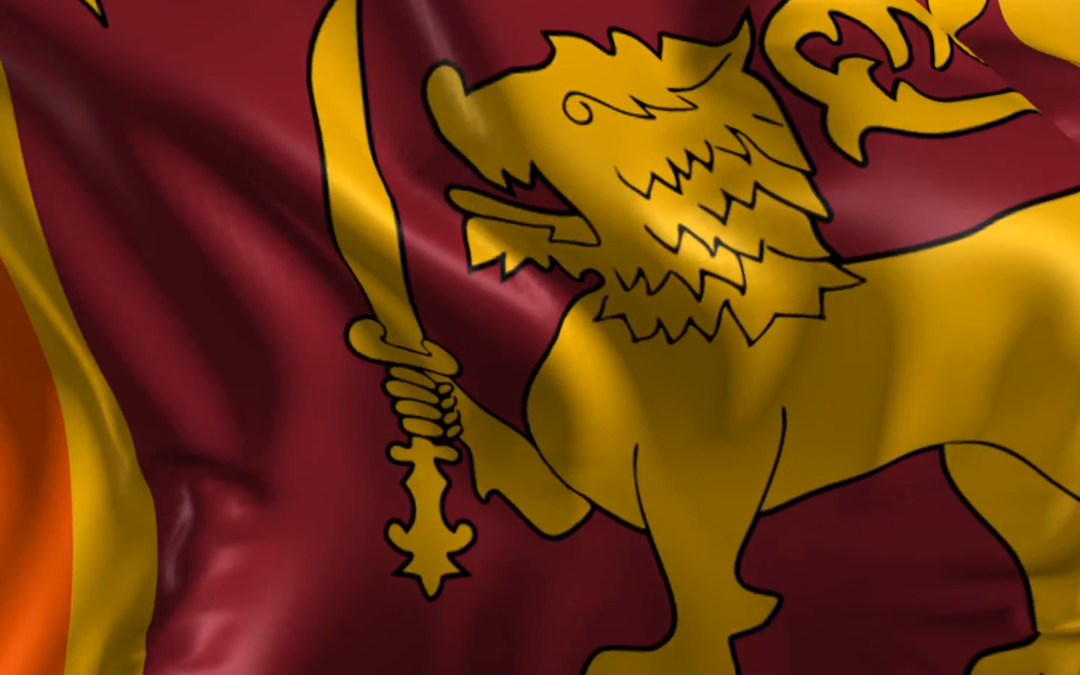
Jan 13, 2000 | News
 The ICJ’s Centre for the Independence of Judges and Lawyers wrote today to the Government of Sri Lanka expressing deep concern about the assassination of lawyer Kumar Ponnambalam.
The ICJ’s Centre for the Independence of Judges and Lawyers wrote today to the Government of Sri Lanka expressing deep concern about the assassination of lawyer Kumar Ponnambalam.
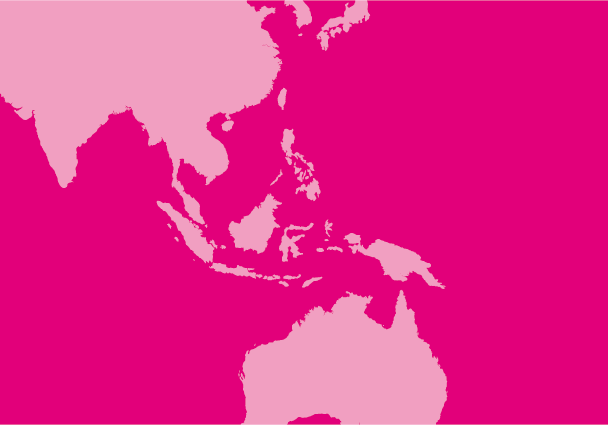
Sep 9, 1998 | News
The ICJ’s Centre for the Independence of Judges and Lawyers reports that, since 1983, the Sri Lankan security forces have been responsible for thousands of killings.
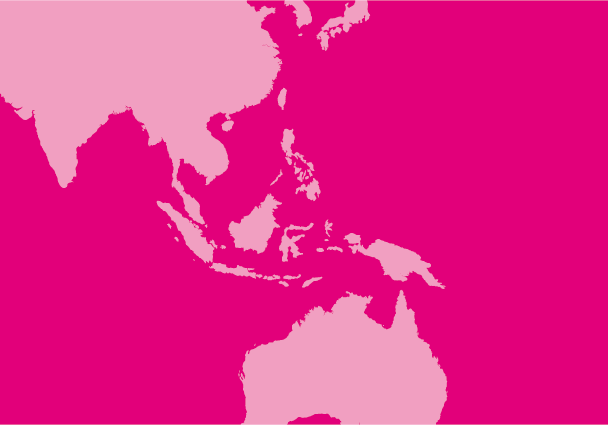
Aug 23, 1994 | News
The ICJ expresses its appreciation to the Commissioner of Elections of Sri Lanka for the invitation extended to it to send observers to the recently concluded parliamentary general elections.
The ICJ observers were its commissioners Justice Dorab Patel, former judge of the Supreme Court of Pakistan, Emeritus Chairman of the Pakistan Human Rights Commission and former Chief Chairman of the Pakistan Elections Commission; and Dato’ Param Cumaraswamy, UN Special Rapporteur on the Independence of the Judiciary and President of Lawasia.
They joined 42 international observers from 12 countries and their task was to assess and evaluate whether the elections had been free and fair. The ICJ Commissioners reported that they were “generally free and fair” except for the elections in the districts of Jaffna and Vanni.” The reason being that Jaffna and Vani, situated in the north of Sri Lanka, have been subjected to armed confrontation between the Sri Lanka security forces and the Liberation Tigers of Tamil Eelam (LTTE) and, consequently, the government controls only 20% of the land in Jaffna. The observers reported that in both districts people had been subjected to extensive intimidation by an armed political group who also presented candidates for the election.
Elections throughout the 22 Electoral Districts of the country including Jaffna and Vanni proceeded on 16 August 1994. The observers stated that “the elections in those two districts were not only not free and unfair,” but that “the genuineness of the same elections is questionable.” They added, “We express our concern over the impact of the outcome of the elections in those districts on the outcome of the overall results of the General Elections.” The ICJ Commissioners nevertheless concluded that “otherwise the election had been conducted with the highest democratic standards in difficult circumstances” and expressed their great admiration to the electorate of Sri Lanka who turned out in large numbers.







